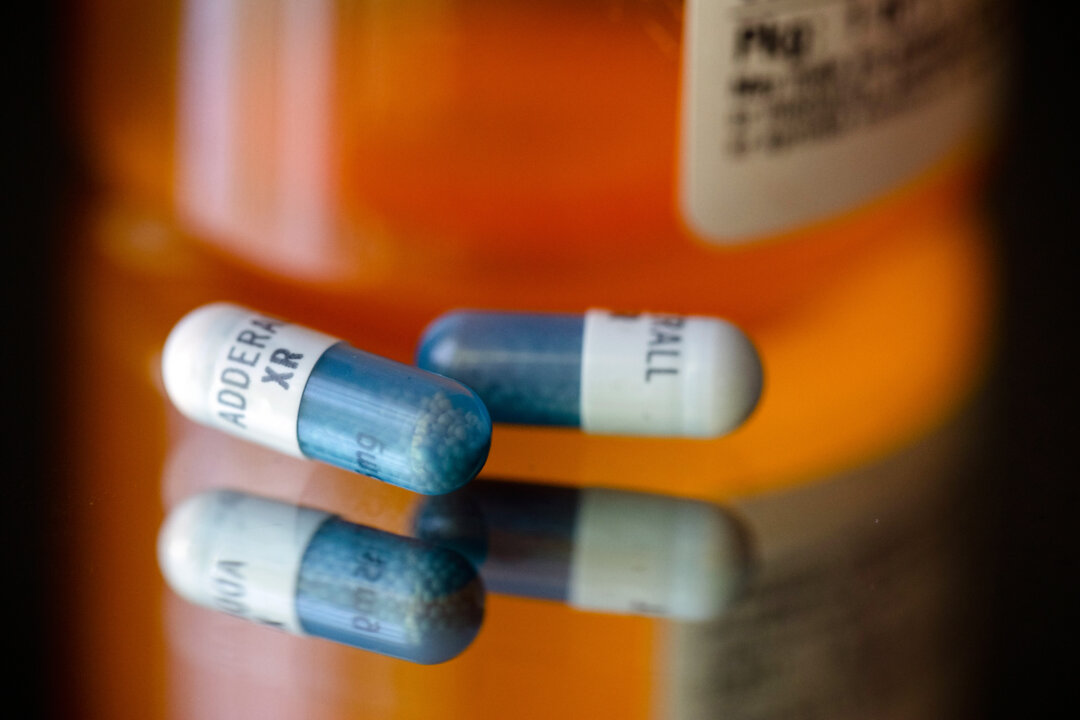Health
Doctors Urged to Delay ADHD Medication for Preschoolers

A recent study reveals that many doctors are prescribing medications for attention deficit/hyperactivity disorder (ADHD) to preschool-age children shortly after diagnosis. This practice contradicts guidelines established by the American Academy of Pediatrics, which recommend initiating behavioral therapy before considering medication.
According to Dr. Yair Bannett, assistant professor of pediatrics at Stanford Medicine and the lead author of the research paper, the trend is concerning. “We found that many young children are being prescribed medications very soon after their diagnosis of ADHD is documented,” Dr. Bannett stated. “That’s concerning, because we know starting ADHD treatment with a behavioral approach is beneficial; it has a big positive effect on the child as well as on the family.”
Study Findings Highlight Treatment Gaps
The study analyzed data from nearly 1,500 children diagnosed with ADHD between the ages of 2 and 5. Researchers discovered that approximately 30% of these children were prescribed medication within six months of their diagnosis. This is significant, as the American Academy of Pediatrics guidelines emphasize the importance of behavioral interventions, such as parent training and structured environments, as the first line of treatment for young children.
Dr. Bannett explained that behavioral therapy not only helps manage symptoms of ADHD but also fosters better family dynamics. “Behavioral treatment is not just about the child; it involves families working together to create supportive environments,” he noted. “This approach can lead to long-term positive outcomes, reducing the need for medication later on.”
Implications for Pediatric Care
The findings raise critical questions about current practices in pediatric care and highlight a potential gap in adhering to established treatment protocols. The rapid prescription of ADHD medications can lead to unnecessary side effects and may not address the root causes of behavioral issues in young children.
Healthcare professionals are encouraged to reconsider their approaches to ADHD treatment in preschoolers. The emphasis should be on comprehensive assessments and personalized treatment plans that prioritize behavioral therapy before moving to pharmacological options.
The study contributes to the ongoing dialogue about ADHD management in children and underscores the need for healthcare providers to align their practices with the recommendations of reputable organizations. As the conversation continues, families and clinicians alike must work collaboratively to ensure that young children receive the most effective and appropriate care for ADHD.
In summary, the study underscores the importance of following established guidelines in treating ADHD in preschoolers. It advocates for a more cautious approach to medication, favouring behavioral interventions that can yield better long-term results for children and their families.
-

 Lifestyle4 months ago
Lifestyle4 months agoLibraries Challenge Rising E-Book Costs Amid Growing Demand
-

 Sports3 months ago
Sports3 months agoTyreek Hill Responds to Tua Tagovailoa’s Comments on Team Dynamics
-

 Sports3 months ago
Sports3 months agoLiverpool Secures Agreement to Sign Young Striker Will Wright
-

 Lifestyle3 months ago
Lifestyle3 months agoSave Your Split Tomatoes: Expert Tips for Gardeners
-

 Lifestyle3 months ago
Lifestyle3 months agoPrincess Beatrice’s Daughter Athena Joins Siblings at London Parade
-

 World3 months ago
World3 months agoWinter Storms Lash New South Wales with Snow, Flood Risks
-

 Science4 months ago
Science4 months agoTrump Administration Moves to Repeal Key Climate Regulation
-

 Science2 months ago
Science2 months agoSan Francisco Hosts Unique Contest to Identify “Performative Males”
-

 Business4 months ago
Business4 months agoSoFi Technologies Shares Slip 2% Following Insider Stock Sale
-

 Science4 months ago
Science4 months agoNew Tool Reveals Link Between Horse Coat Condition and Parasites
-

 Sports3 months ago
Sports3 months agoElon Musk Sculpture Travels From Utah to Yosemite National Park
-

 Science4 months ago
Science4 months agoNew Study Confirms Humans Transported Stonehenge Bluestones









